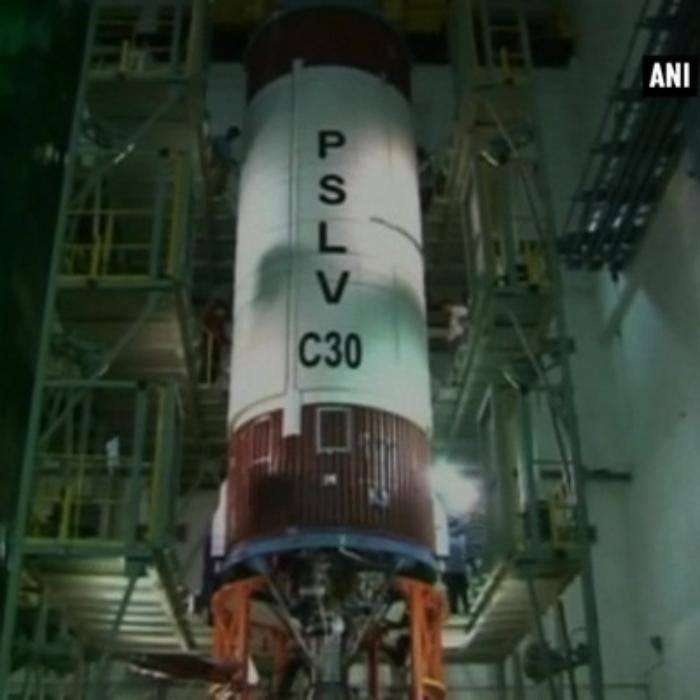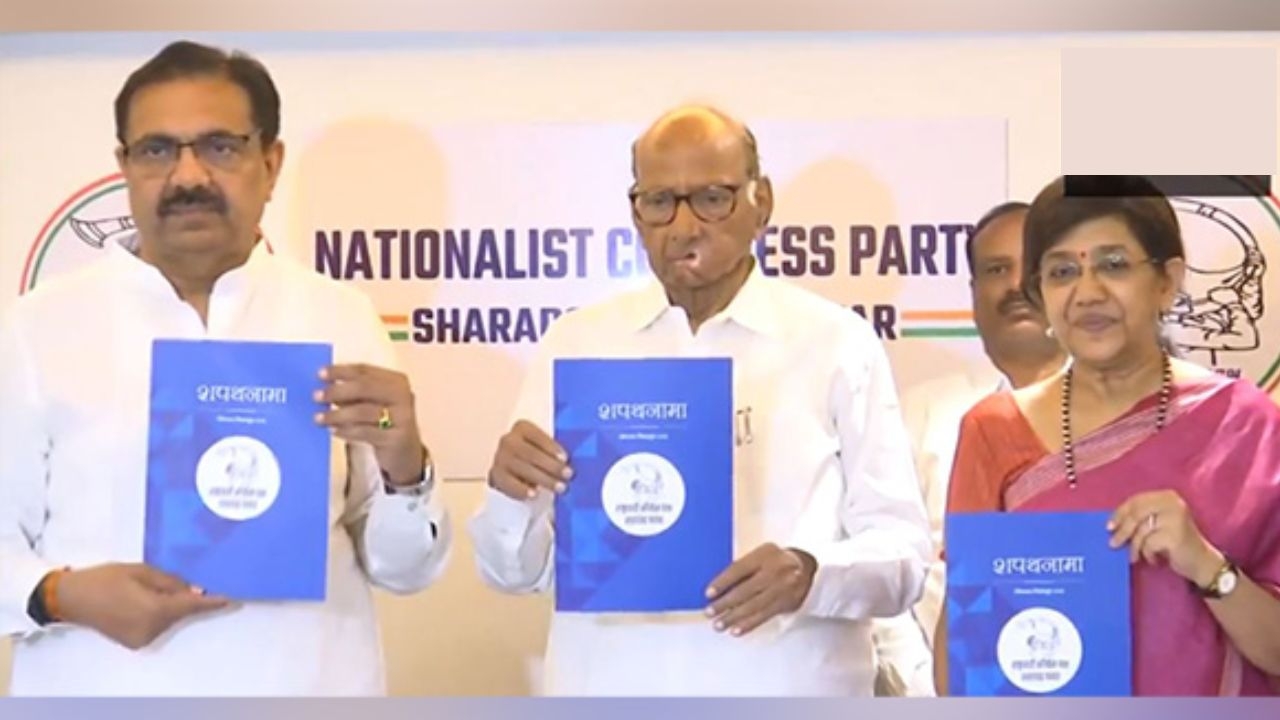
The Indian Space Research Organisation (ISRO) today launched its first space observatory 'Astrosat' from Sriharikota, Andhra Pradesh.
It is aimed at studying celestial objects. PSLV-C30 carrying Astrosat along with six other co-passengers, one satellite each from Indonesia and Canada, and four nano satellites from the US.
Mission Readiness Review (MRR) committee and Launch Authorisation Board (LAB) that met on 25 September had cleared the launch of PSLV-C30.
Commenting on the launch, Indian Space Research Organisation Chairman AS Kiran Kumar had recently said, "What it means for India is this: it is one of the first scientific missions which will be available to the Indian researcher community as an observation opportunity. This is a starting point for such things."
Astrosat is India's first dedicated multi-wavelength space observatory. This scientific satellite mission endeavours for a more detailed understanding of our universe. One of the unique features of Astrosat mission is that it enables the simultaneous multi-wavelength observations of various astronomical objects with a single satellite, ISRO said.
Astrosat will observe the universe in optical, ultraviolet, low and high energy X-ray regions of the electromagnetic spectrum, whereas most other scientific satellites are capable of observing a narrow range of wavelength band.
Astrosat with a lift-off mass of about 1513 kg will be launched into a 650 km orbit inclined at an angle of 6 degrees to the equator by PSLV-C30.
Astrosat scheduled for five years of flight carries four X-ray payloads, one UV telescope and a charge particle monitor.
Apart from ISRO, four other Indian institutions - Tata Institute of Fundamental Research, Indian Institute of Astrophysics, Inter-University Centre for Astronomy and Astrophysics and Raman Research Institute-are involved in payload development.
Two of the payloads are in collaboration with Canadian Space Agency and University of Leiscester, UK, ISRO said.
(with inputs from PTI)


_251372_300x172.jpg)




![BJP's Kapil Mishra recreates Shankar Mahadevan’s ‘Breathless’ song to highlight Delhi pollution [WATCH] BJP's Kapil Mishra recreates Shankar Mahadevan’s ‘Breathless’ song to highlight Delhi pollution [WATCH]](http://images.catchnews.com/upload/2022/11/03/kapil-mishra_240884_300x172.png)

![Anupam Kher shares pictures of his toned body on 67th birthday [MUST SEE] Anupam Kher shares pictures of his toned body on 67th birthday [MUST SEE]](http://images.catchnews.com/upload/2022/03/07/Anupam_kher_231145_300x172.jpg)






